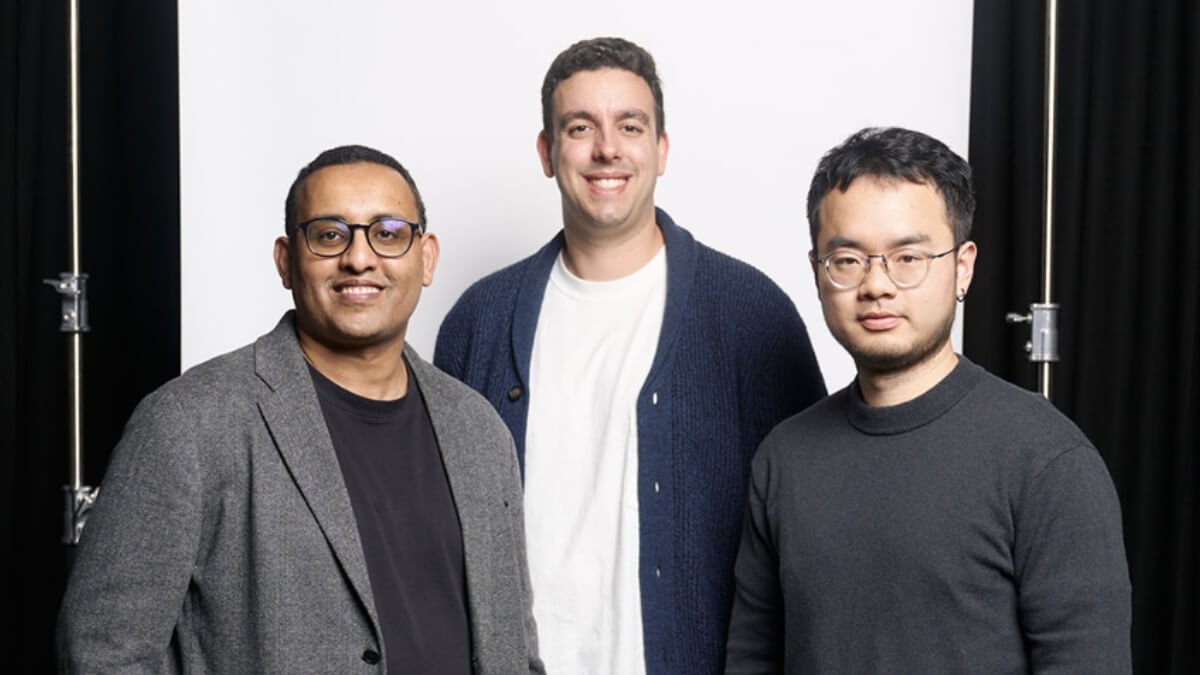Melbourne-based healthcare AI startup Heidi has raised $65 million Series B funding led by Point72 Private Investments. The round includes continued backing from Blackbird, Headline, and Latitude (Phoenix Court’s growth fund). Heidi is now valued at $465 million, and its total funding haul reaches $96.6 million.
The new capital arrives as Heidi intensifies its push to build an “AI Care Partner” that works alongside clinicians — automating clinical documentation, evidence search, and follow-up messaging. In 18 months, the startup claims to have returned over 18 million hours to clinicians, enabled by its streamlining of administrative workflows.
“It is untenable that healthcare demand continues to rise while clinical time continues to shrink,” said Dr. Thomas Kelly, Heidi’s CEO and co-founder. “That’s why I founded Heidi: to build an AI Care Partner that stands alongside clinicians … empowering them.”
From Seed to Scale: Heidi’s Funding Journey
The Series B marks a major leap compared to Heidi’s earlier funding. In March 2025, it raised US$16.6 million in a Series A follow-on round led by Headline, with participation from Local Globe, Anthology, Blackbird, and others. Before that, it had raised A$10 million (~US$6.5 million) in its initial Series A in late 2023. The cumulative journey now totals ~$96.6 million, per the latest announcement.
This jump in valuation and backing suggests investors see real commercial promise, not just speculative AI hype.
Why Heidi’s Ambition Matters
Clinician Overload Is a Real Crisis
One of the enduring challenges in modern medicine is the administrative burden on doctors. Studies show clinicians often spend time on documentation, billing, forms, and EHR (electronic health record) work nearly equal to—or exceeding—the hours spent in direct patient care.
In an AMA survey from 2025, 57% of physicians said the top AI use case is automating administrative burden. Another survey found 83% of physicians believe AI could reduce the operational challenges in healthcare if used to cut administrative load.
By automating note-taking, follow-up messaging, and evidence lookup, Heidi positions itself at that core intersection: reducing burden while preserving quality.
AI in Healthcare Is Exploding
Heidi’s raise comes against a backdrop of surging investment and adoption in health AI. The global AI in healthcare market was valued at $29.01 billion in 2024 and is projected to climb to $504.17 billion by 2032, with a compound annual growth rate (CAGR) near 44%.
Meanwhile, generative AI is making rapid inroads into hospitals and clinics. McKinsey reports that many health systems are moving from pilot to full-scale deployment. Use cases now span documentation, diagnostic support, patient triage, and workflow optimization. Yet healthcare still lags behind sectors like finance or media in adoption rates.
Even as enthusiasm grows, early clinical experiences suggest mixed results. One study of ambient AI scribes reported burnout reduction, but not necessarily measurable gains in efficiency or profit. For Heidi, that means execution and integration with health systems will be as important as the AI technology itself.
Traction and Reach: Where Heidi Is Already Active
Heidi claims it now supports over two million consults per week, across 73 million patient consults since launch. It serves clinicians across more than 200 medical specialties, in 116 countries, and in 110 languages.
In primary care and hospital settings, Heidi is already embedded or piloting deployments across major markets:
- In the UK, Modality Partnership is using Heidi in one of the largest ambient AI deployments; there are also pilots in NHS trusts in North West London and in Lancashire/South Cumbria covering populations of millions.
- In the U.S., Heidi works with Beth Israel Lahey Health (Massachusetts) and has been cited as a “transformation partner” by MaineGeneral.
- In Canada, Heidi is the official AI choice of the Yukon government.
- In Australia, Heidi is active in Monash Health (40+ facilities) and Queensland Health Children’s Hospital.
- In New Zealand, the Health Ministry has formally endorsed Heidi as one of only two AI providers safe for trial in its public system.
- Heidi also has adoption or support underway in France, Spain, Germany, Ireland, South Africa, Singapore, and Hong Kong.
That kind of footprint gives Heidi both validation and exposure to varied regulatory and clinical environments.
Leadership Moves & Next Steps
Alongside the funding, Heidi announced two key appointments:
- Paul Williamson, former Head of Revenue at Plaid, joins as Chief Revenue Officer. He has previously been involved with Salesforce and other high-growth tech firms.
- Dr. Simon Kos, formerly Microsoft’s Chief Medical Officer, joins as Chief Medical Officer. He is charged with shaping Heidi’s clinical strategy and safety posture.
The company plans to use the new capital to grow its team, open more offices, and scale support particularly in the U.S., UK, and Canada. It will also push deeper into clinician-driven adoption in European and Asian markets.
Wider Context: Why the Sector Cares
The healthcare systems of many nations face common stresses: aging populations, increasing chronic disease, clinician shortages, and ballooning administrative complexity. AI-driven automation offers one of the few scalable levers to expand effective clinical capacity without proportional headcount growth.
Heidi’s bet is that ambient scribe technology, paired with smart summarization and decision-support, can shift more time back to patient care. It’s success could reshape the economics and experience of medicine.
In the long run, Heidi and peers will need to strike a delicate balance: technological ambition vs. clinical safety, local regulatory compliance vs. global scale, and human trust vs. automation. However, the $65 million raise is a strong signal that investors and clinicians are placing strong bets on AI’s role in healthcare industry.
Read Also: Spacecoin Performs First End-to-End Blockchain Transaction Through Space
Disclaimer: This article is for informational purposes only and does not constitute investment advice.
